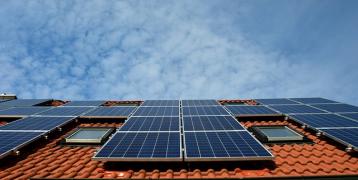Focus on: enabling the low-carbon transition in rural areas
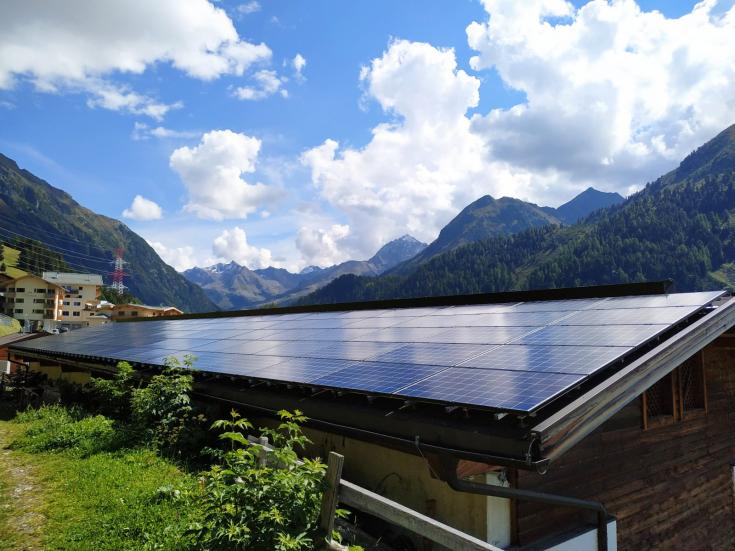
Rural and remote areas are vital to our way of life, supporting the primary production of food and raw material, providing leisure activities and contributing to overall wellbeing and environmental health through ecosystem services.
However, they face distinct challenges compared to urban areas, specifically a declining and ageing population, less access to opportunities, and greater challenges in transport and energy infrastructure.
For these reasons, they require tailored policies and instruments that take advantage of their strengths while helping them tackle their challenges.
To help you better grasp this topic, our thematic experts, Katharina Krell and Simon Hunkin have put together a selection of reading materials and online events taking stock of Interreg Europe's good practices and policy initiatives.
Do you have a policy challenge on the rural green transition that you would like to tackle? Do not hesitate to contact our experts and they will see how to best help you!
News and features
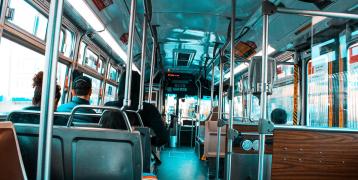
Supporting mobility in rural regions
Explore the issues of sustainable rural transport and how inspiring good practices can help public authorities focus their efforts.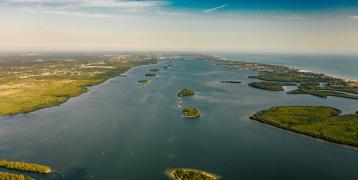
Supporting the low-carbon transition in Europe’s islands
European islands have a unique position in the low-carbon transition. Read about how the RESOR partnership allows for exchanging experiences and good practices.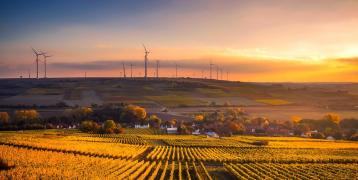
Yes in my back yard!
Acceptance of renewable technologies has increased but large scale installations such as wind farms still face resistance from local communities.
Enabling community energy in the Region of Normandy
The Interreg Europe APPROVE project set a good example of community energy in the Region of Normandy. Take a look at the challenges they needed to overcome and the good practices that inspired them.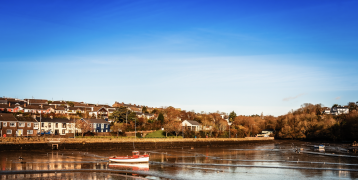
MATCH-UP: Exploring the 10-Minute Town Framework
Read about the framework and methodology developed by the MATCH-UP project for implementing the '10 Minute Town' concept!
Online events key-learnings

Webinar recording on biogas from organic waste
Discover how renewable energy and the recycling targets can be met by anaerobic digestion of organic waste.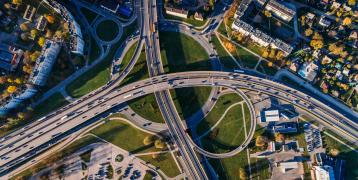
Webinar on demand responsive transport
Watch the recording on demand responsive transport and access the presentations and key learnings.
Policy briefs
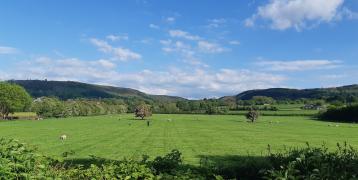
Approaches for a rural low-carbon economy
In this policy brief, you can explore regional approaches that can help in supporting e-mobility and the transition to a low-carbon transition in your region!
Supporting local bioenergy development
Bioenergy is one of the most flexible renewables that does not release new carbon into the atmosphere. Discover European Frameworks, funding schemes, and good practices in this policy brief.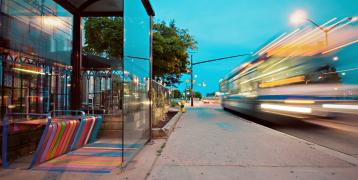
Demand responsive transport
Demand responsive transport is a flexible mode of transportation that adapts to the demands of its user groups. It can have significant environmental benefits. This policy brief highlights the benefits of demand responsive transport for European regions.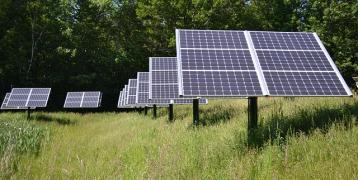
Renewable energy communities
At its most basic, renewable energy communities involve the generation of energy from renewable resources and technologies, which are partly or wholly owned by local communities.